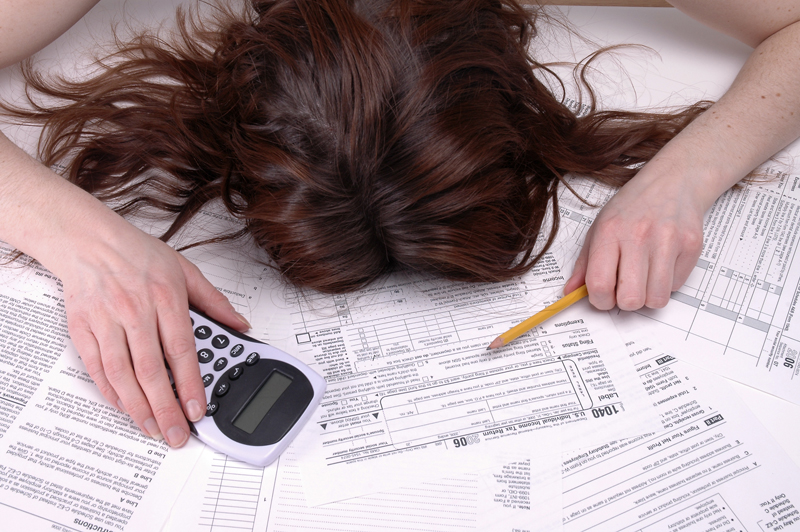Tax season blues
February 03, 2015 by Eric Linden
Preparing your taxes will be a piece of cake because you spent some time this summer doing tax planning, right?
We are kicking off the tax season with this goofy blog post celebrating all that is great (see sarcasm in some online dictionary) with the tax season:
- We get to dwell on how much we made (or didn’t make) in 2014;
- It’s the one time we can really enjoy the thought of those dud stocks we sold at a loss;
- We can hem and haw about what really is a deduction. (No, sir, that tie you purchased for that business meeting that you also wear to weddings is not a deduction.);
- We revisit our old college days procrastination techniques as we finalize our tax returns at 11:59 PM on April 15, 2015;
- We call our tax professional once a day for three weeks, resulting in them blocking our number;
- We wake up screaming in the night, “I didn't toss those receipts - did I?”
- We think a 1040 EZ is some sort of fat-reducing exercise gadget.
All kidding aside - we wish you a very happy tax season. We will get through this together!




